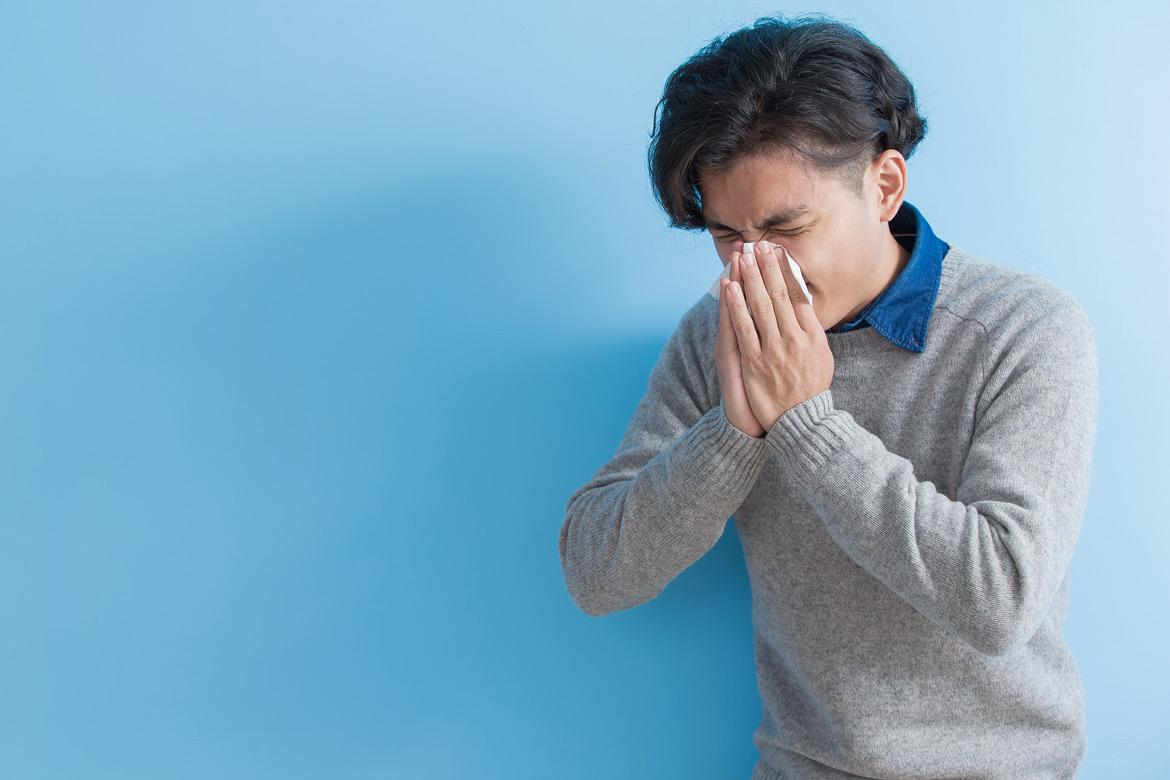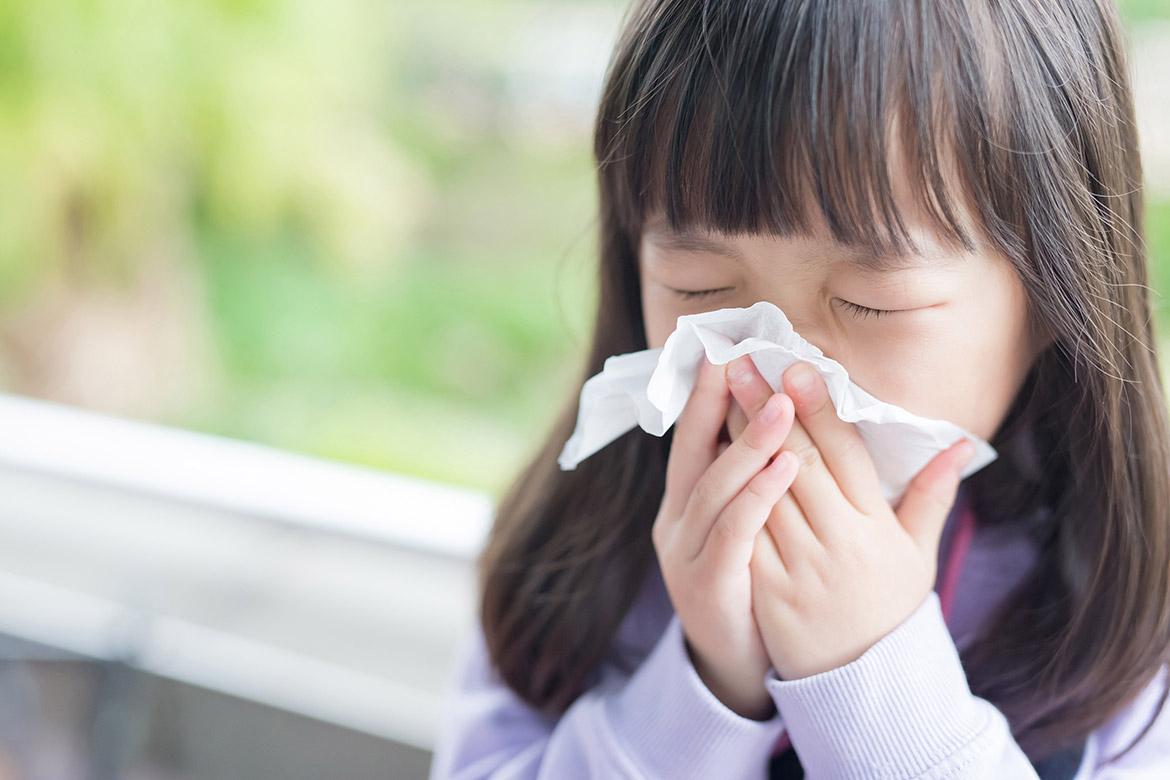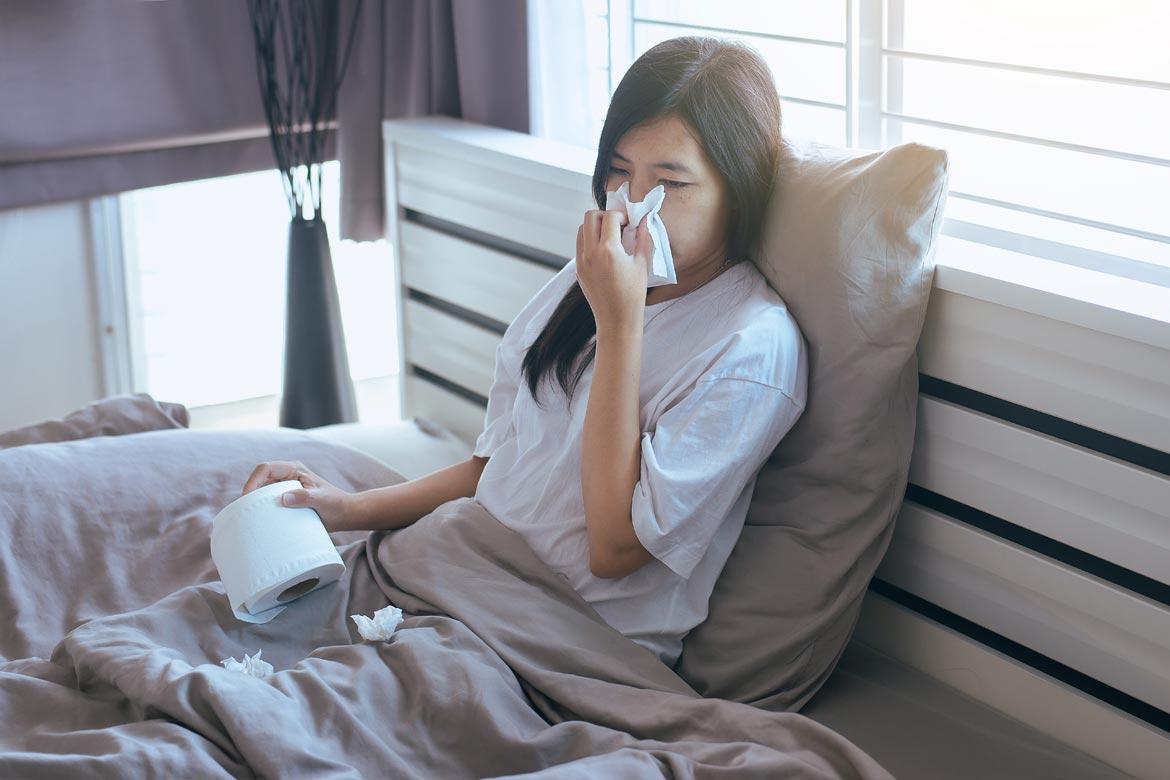-
-
Featured Care Areas

Upper Respiratory Tract Infection (URTI)
How is an URTI diagnosed?
Your doctor will ask about your medical history and symptoms, including how long you have had the infection.
They will likely conduct a physical examination to check your lungs, sinuses, throat and ears.
How is an URTI treated?
With enough rest, you can usually recover from URTI on your own. Medication may help to soothe the symptoms but will not cure the cough or other cold symptoms. The symptoms only resolve as your immune system fights and clear off the infection.
Home treatment
To help you feel better:
- Get adequate rest and fluids.
- Take fever medications if high fevers are causing discomfort.
- Take symptom medications if these help you to sleep and feel better. These include nasal drops or saline sprays to decongest the nose or oral medications like antihistamines.
- Take honey to soothe a cough. Honey is not recommended for children under 1-year-old.
Note: If your child is below 2 years old, do not give them any strong medications that cause drowsiness and artificially suppress cough responses.
When should you seek medical attention?
See a doctor if you have any of the following symptoms:
- Hard or fast breathing
- Fever for more than 1 week
- Drowsiness or increased lethargy
- Poor fluid intake or reduced urine
- Unresolved cough after 4 weeks
Make an appointment with our ENT specialists for an assessment of your upper respiratory tract infection.
This coverage checker is brought to you by Health Insured, an online resource that helps you understand your health coverage in Singapore.
This page has been reviewed by our medical content reviewers.
Need help?
For enquiries, please call
+65 6377 3737
For appointment bookings, please WhatsApp
+65 8111 3777








